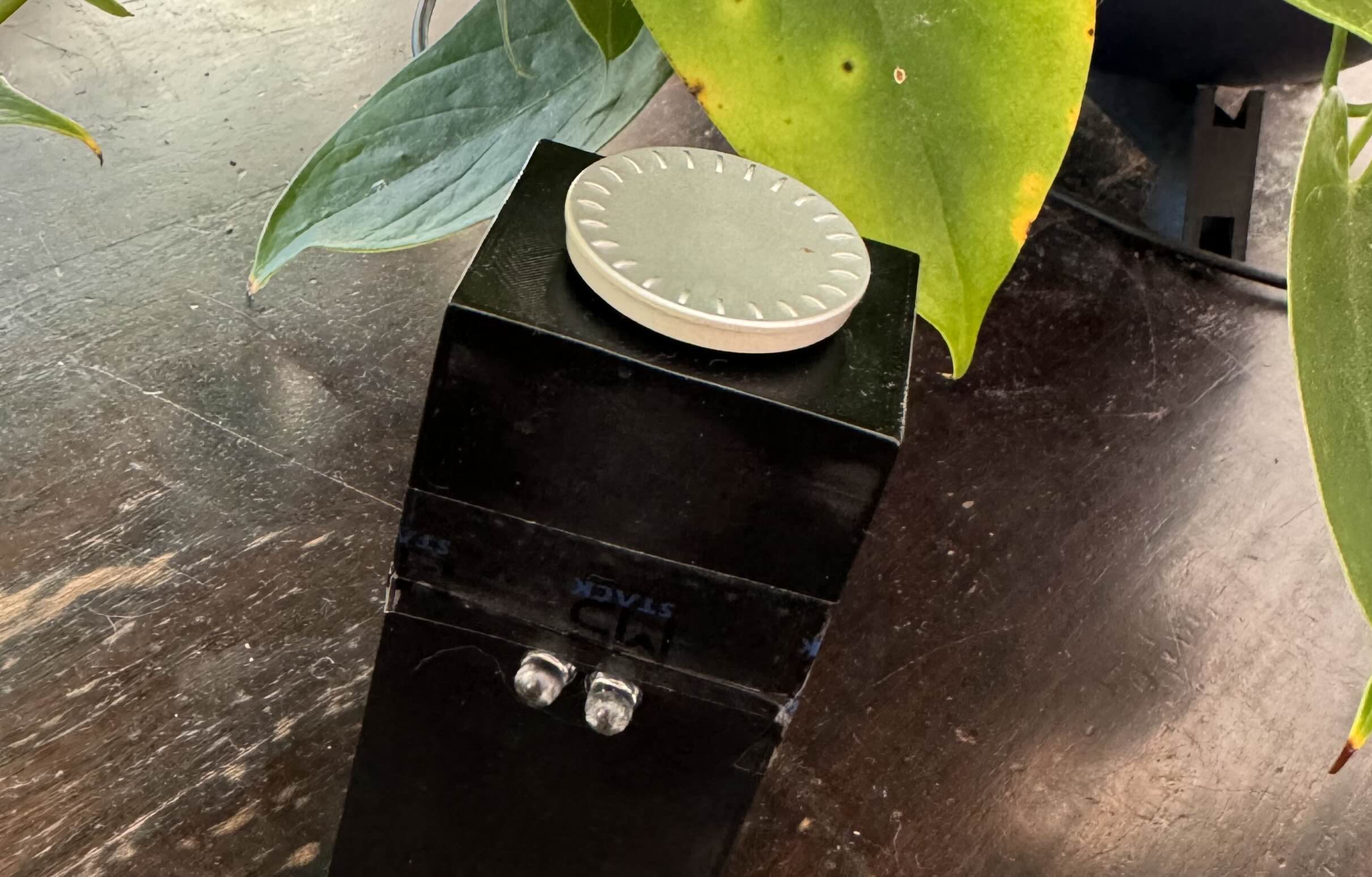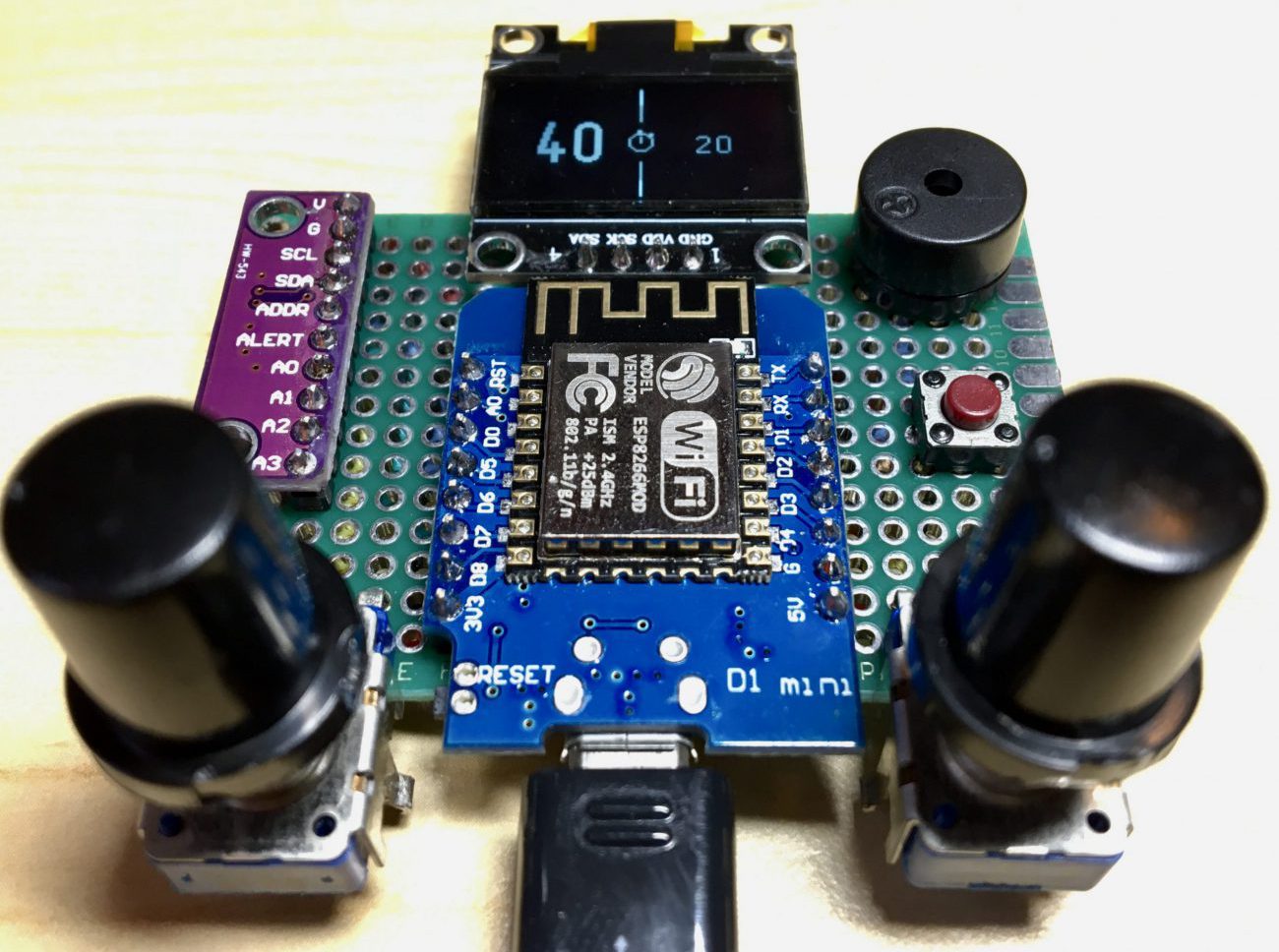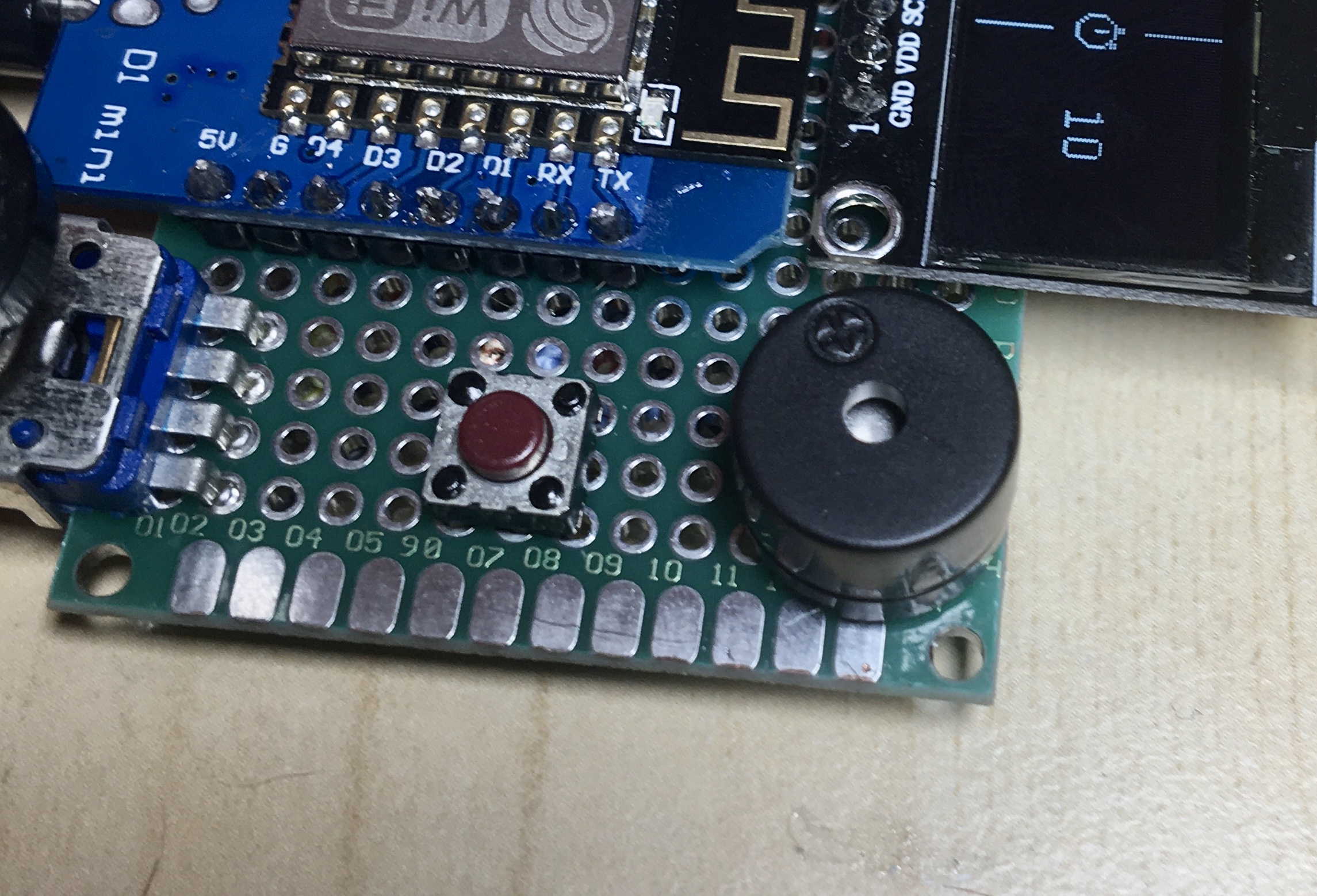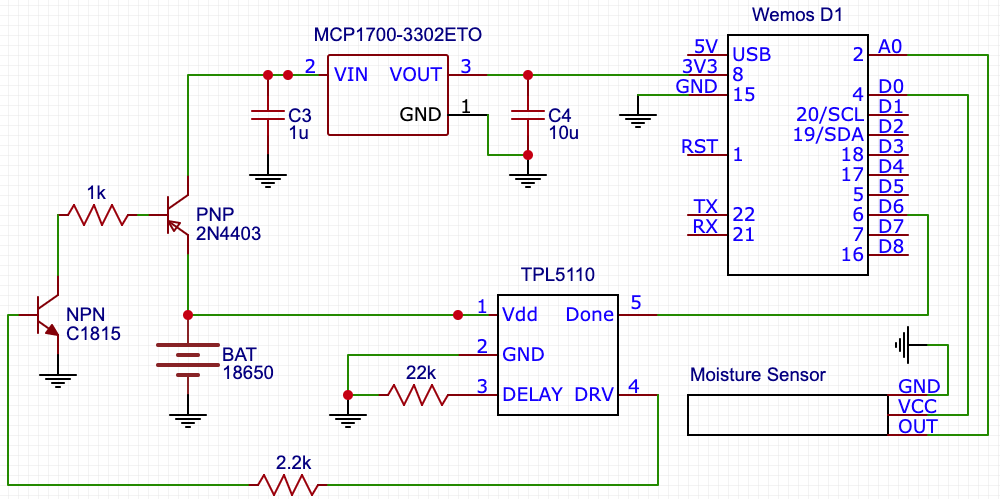Tag: esp8266
-

How to resolve issues integrating Home Assistant, ESPHome, IR Blaster, Sony and NEC Protocols
I have an old Yamaha RX-V630 receiver and an older RCA 4K TV which are missing remotes. I wanted to replace them with an ESP8266-based infrared blaster connected to Home Assistant. Here are some of the problems I encountered and overcame. Problems You can see my full ESPHome config YAML at the end of the…
-

I broke up with Lua and got with arduino-cli for ESP8266 development
TL; DR With the advent of arduino-cli there are no more reasons to use Lua over C/C++ for ESP8266 programming. Please challenge me on that in the comments if you can 😉 I enjoyed a couple of years of writing asynchronous code in Lua. It was fun and intuitive for someone like me, with a…
-

Interval Training Assistant using ESP8266
My wife does interval training exercises in the backyard or the basement. I joined her a couple of times and noticed that she struggled to time her “on” and “off” intervals using the phone. So I saw a fun project opportunity where I get to use an ESP8266 and some salvaged parts like a buzzer…
-

A simple buzzer/piezo Lua library for NodeMCU/ESP8266
I was working on a project that involved adding a buzzer and playing different notes. I ended up writing something pretty easy to use so decided to put it on GitHub to save people some time. Link to the repo: https://github.com/alexchumak/buzzkill-lua Usage Please note that in real life you would have a delay between the…
-
Use GPIO interrupts instead of sensor sampling to simplify code
Naively, I’ve been using sensor sampling as the only way to detect changes in sensor readings. Shaking my head over here. Just sad. Sampling means periodically reading sensor value to detect changes. My period was typically around 10Hz, or 10 times every second. Not only it is wasteful in many cases, it also has a…
-
WeMos D1 Mini/ESP8266 Pin States On/Off/Deep sleep/Low side switch
The Problem In my post about low power deep sleep for ESP8266 dev boards I ran into an issue with a low side switch where I was unable to wake up NodeMCU after the first sleep. The uptime is controlled by TPL5110 timer which has DRIVE and DONE pins. To power down ESP you signal…
-

2uA Deep Sleep With ESP8266 Board, TPL5110 Timer
The Problem I couldn’t get battery powered projects to run longer than 2-3 weeks on two 3200mAh 18650 batteries. I like to use ESP8266 dev boards, NodeMCU, WeMos D1 Mini, etc. While being convenient to work with, I found that their quiescent current can be hard to ignore. Especially for projects that spend the majority…